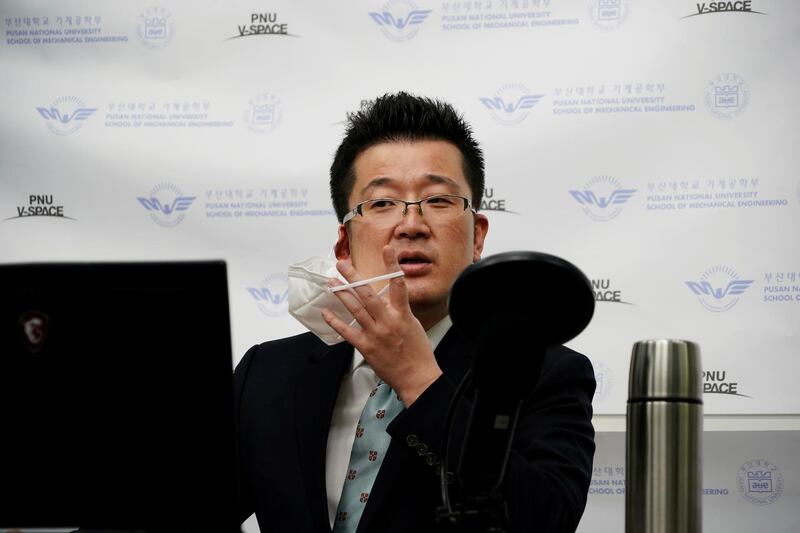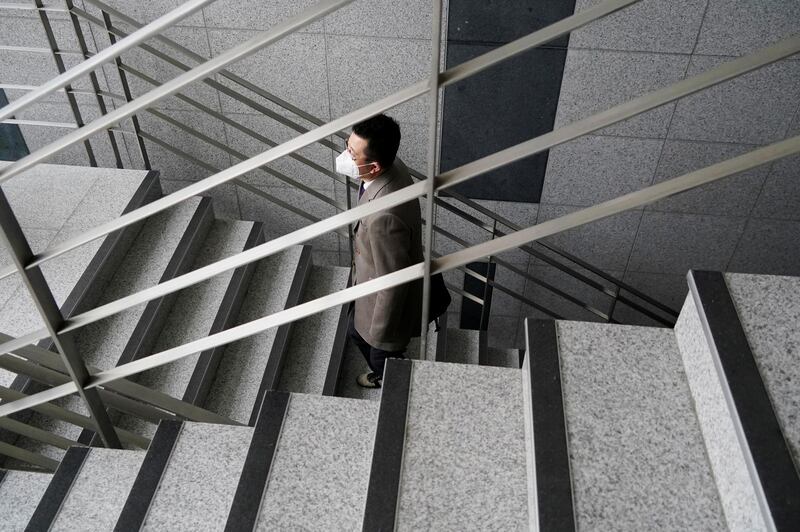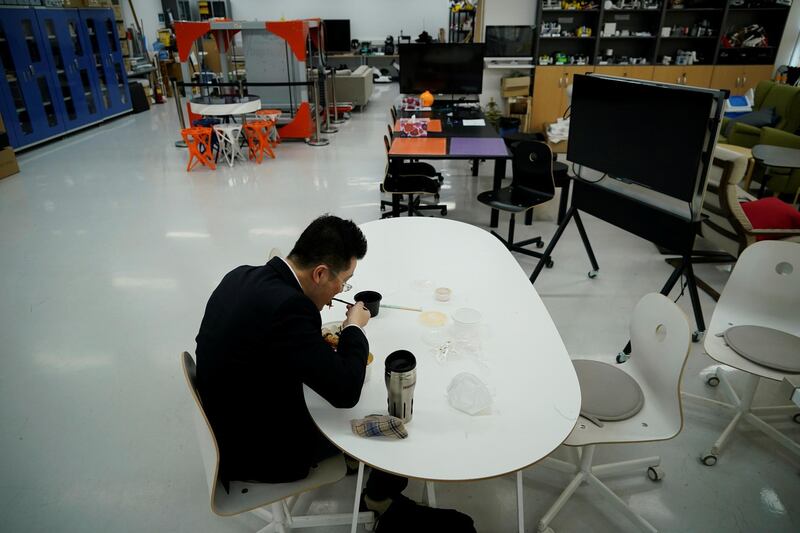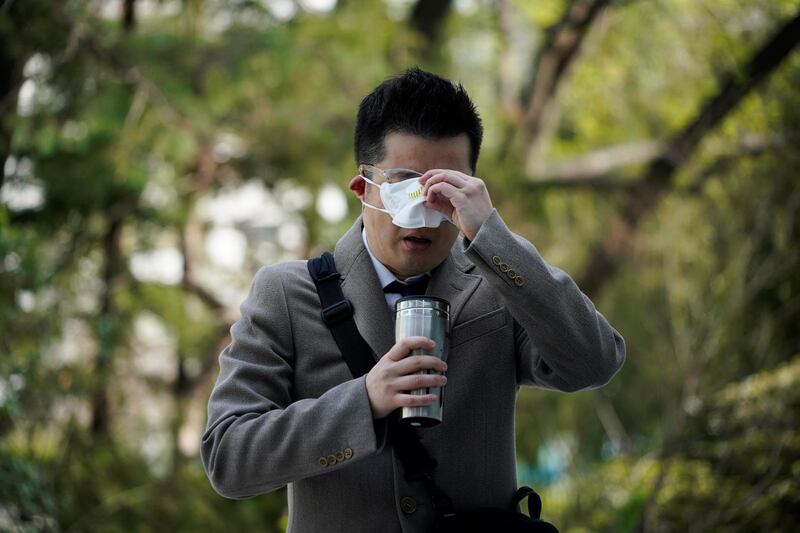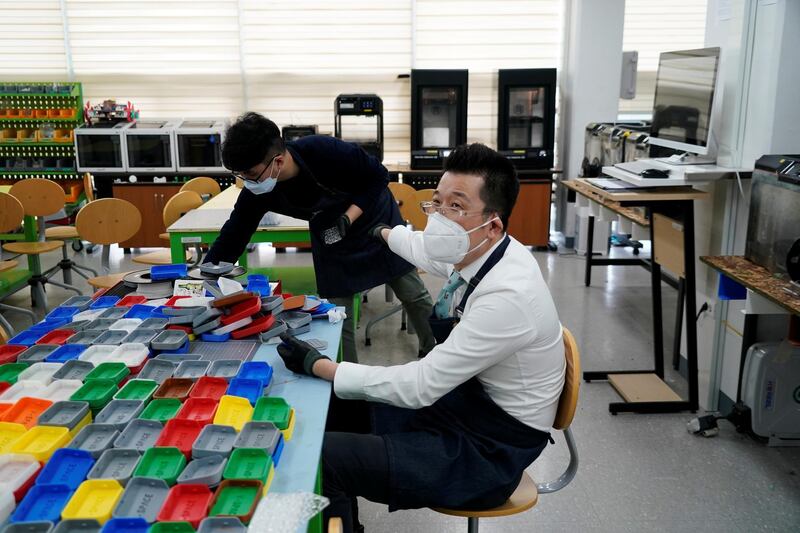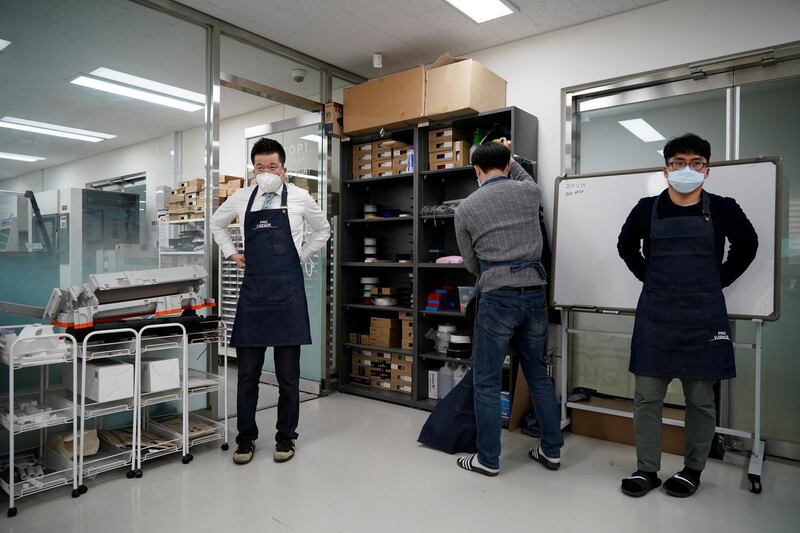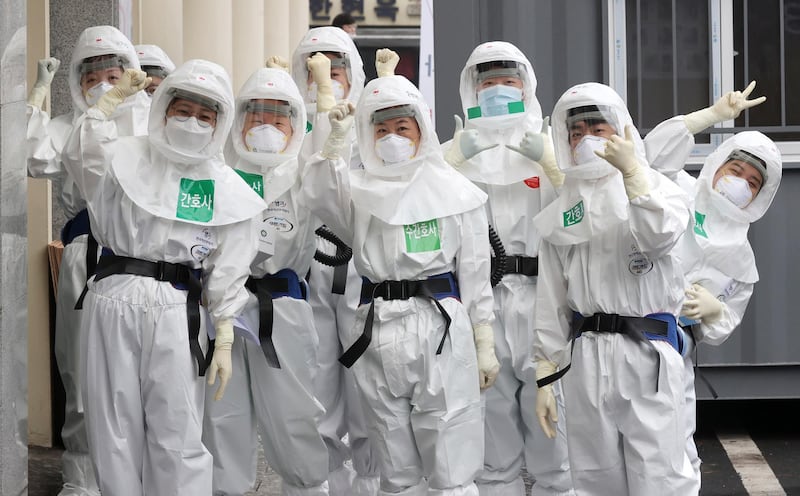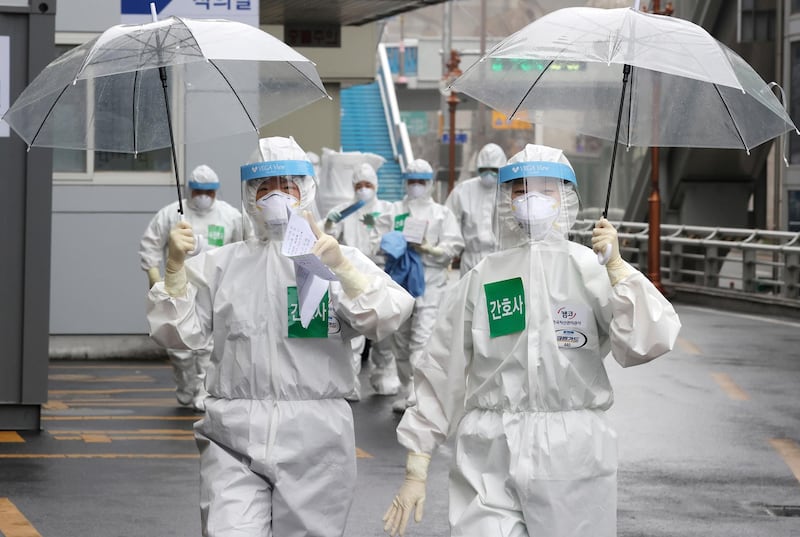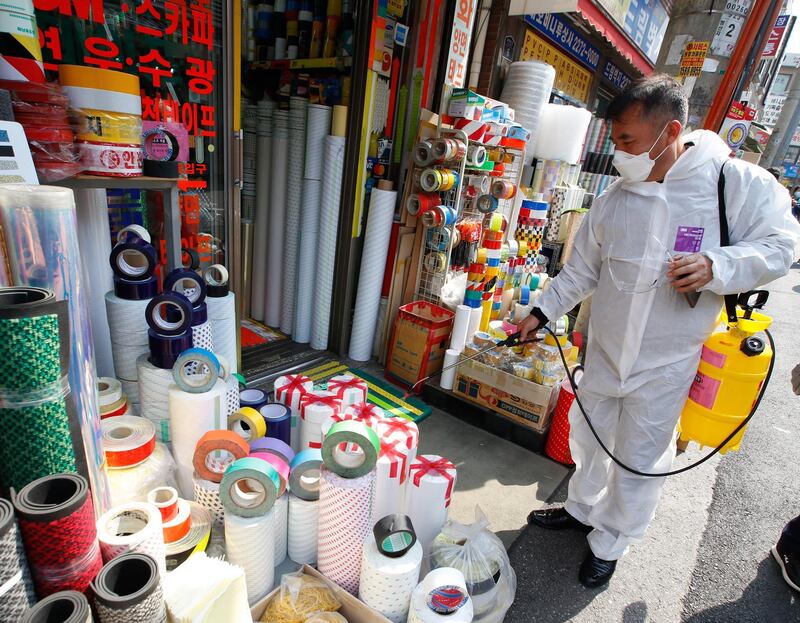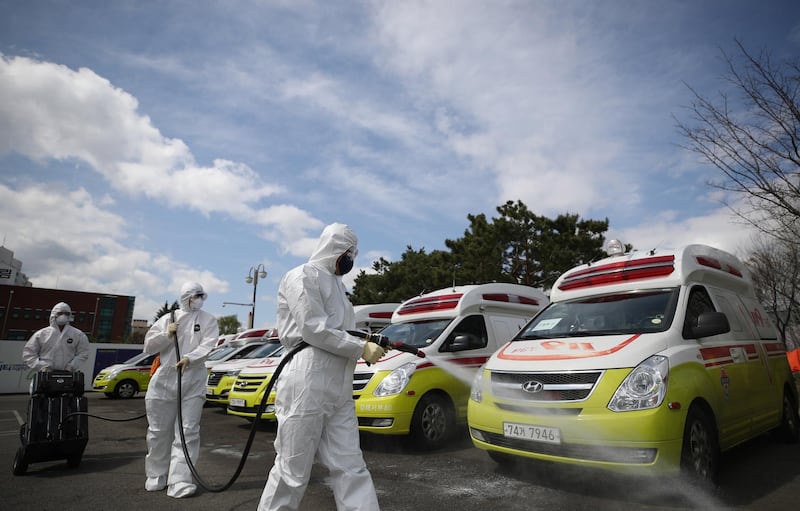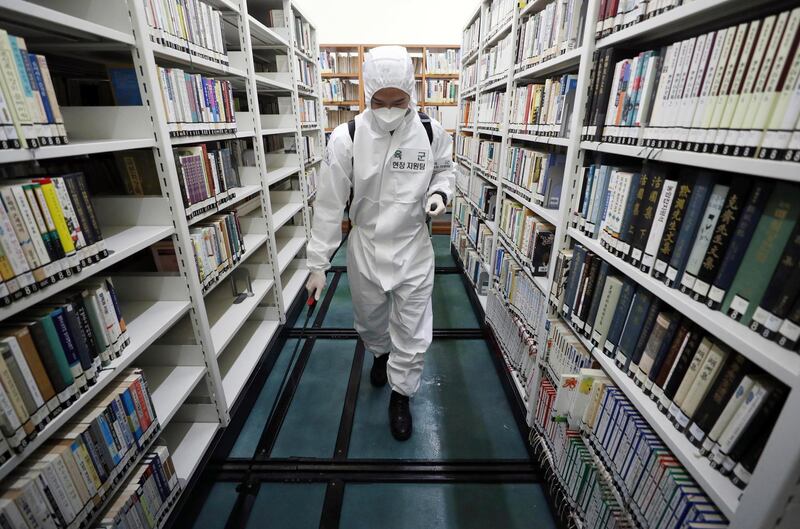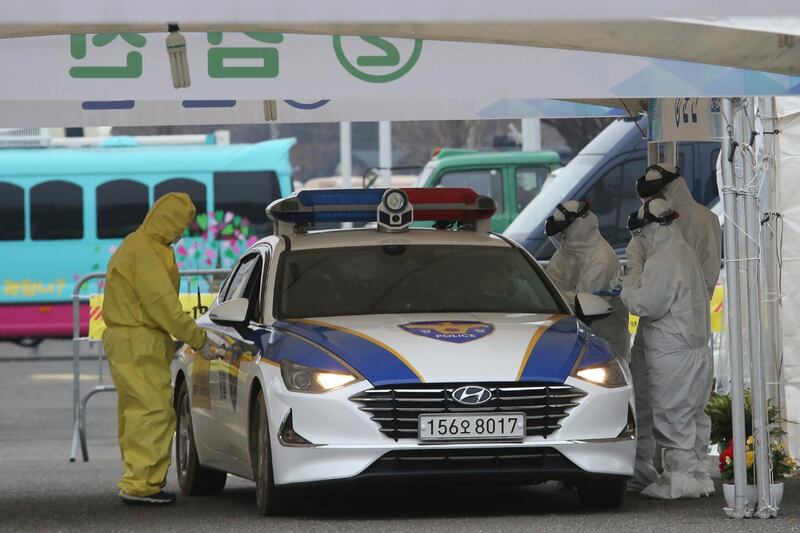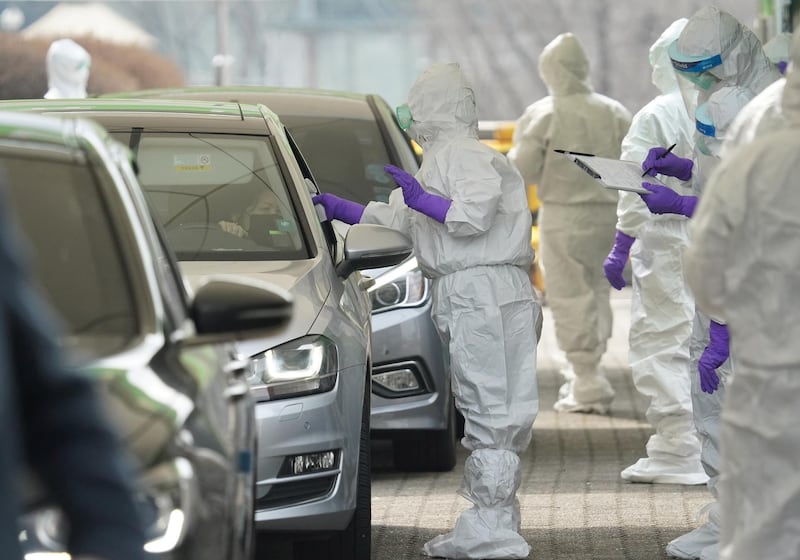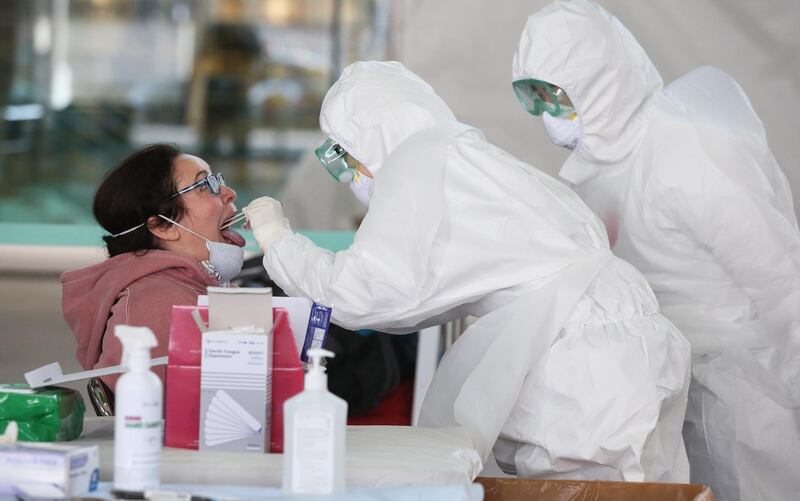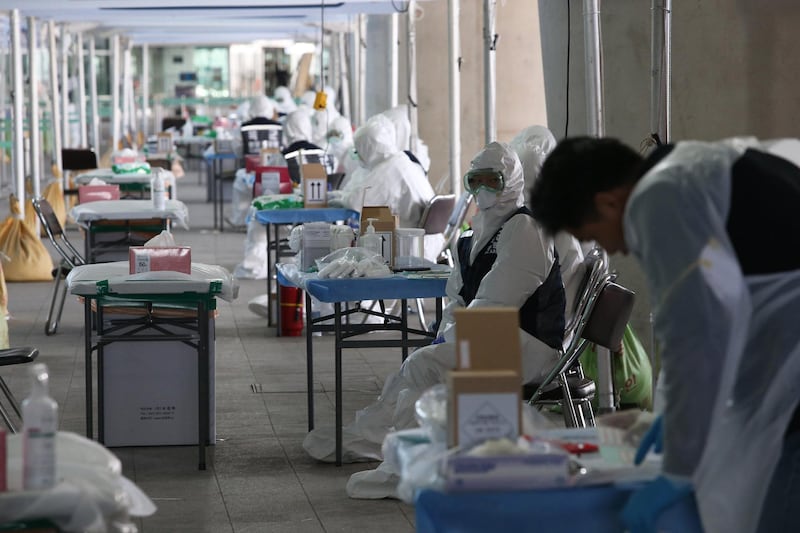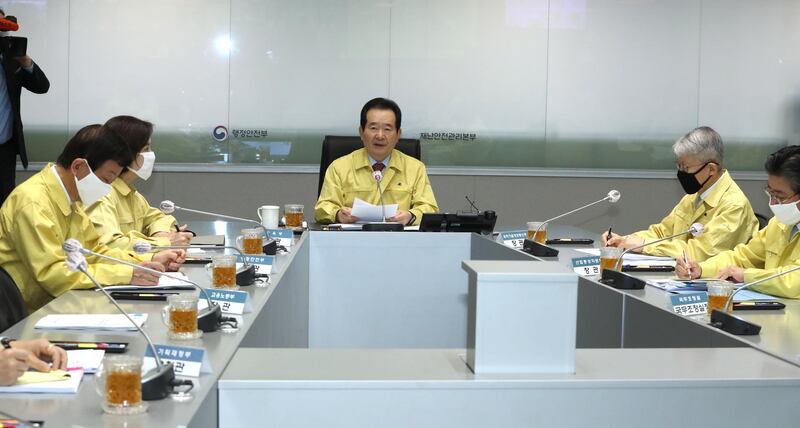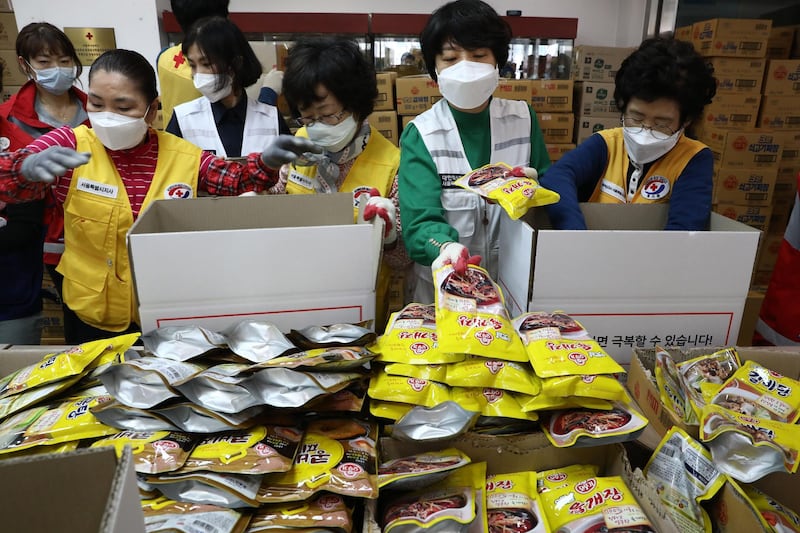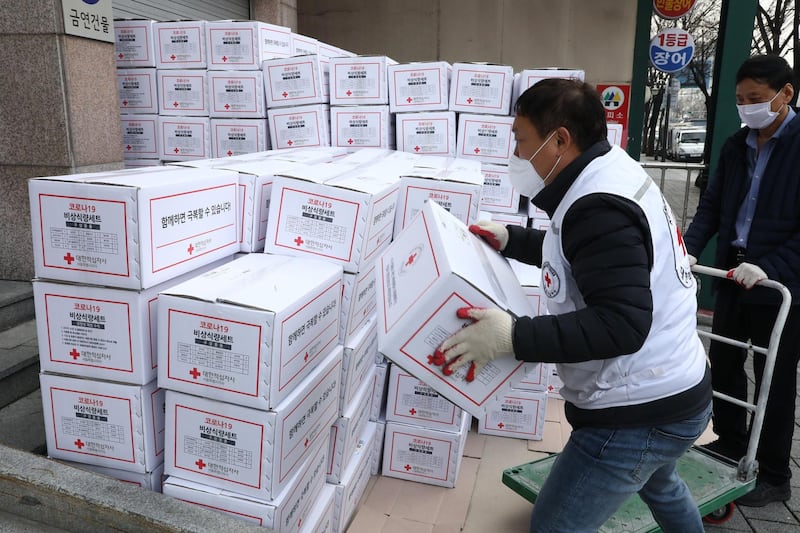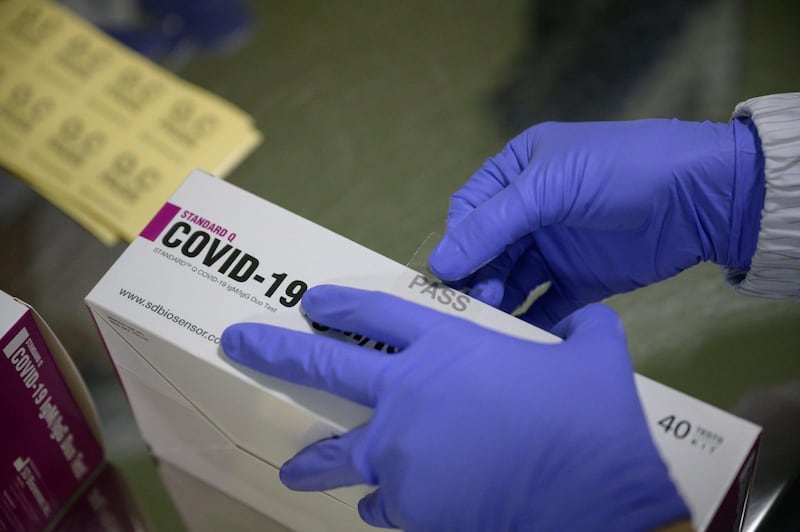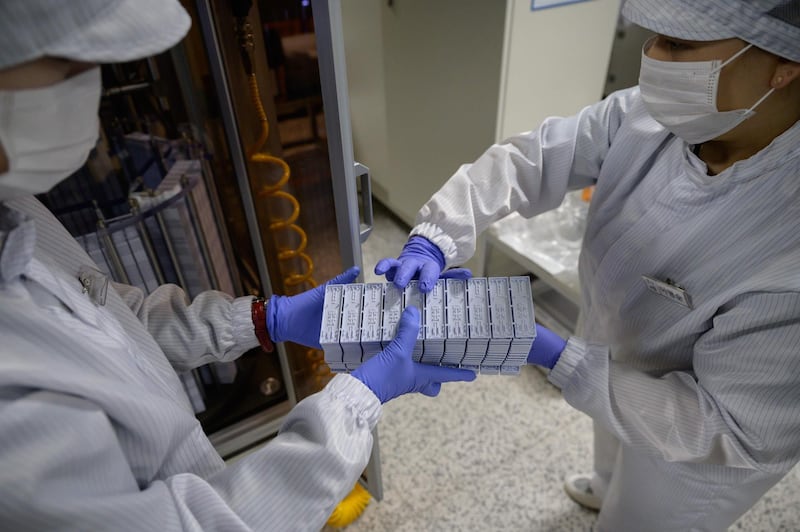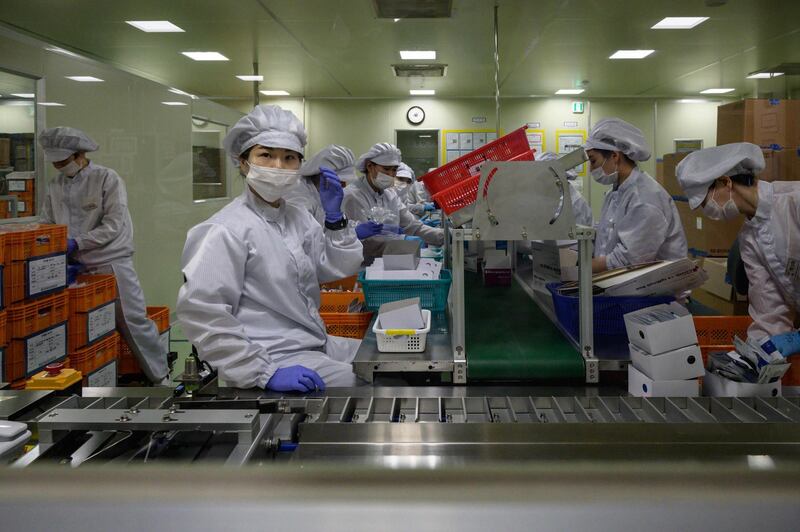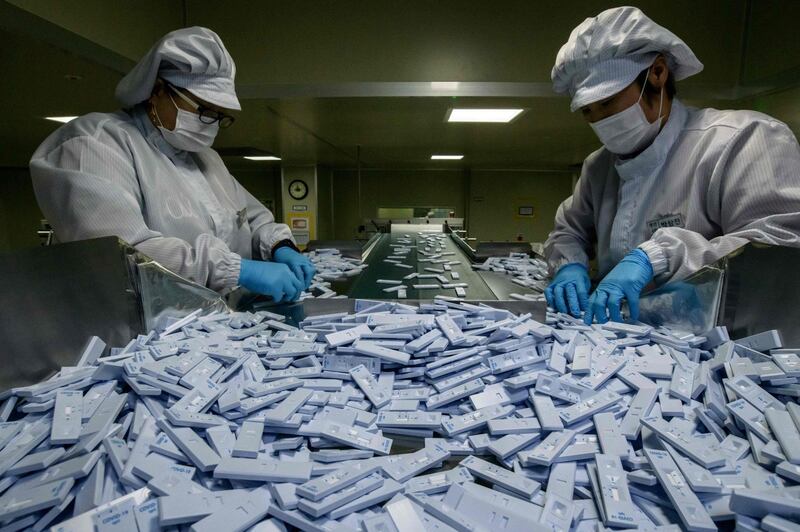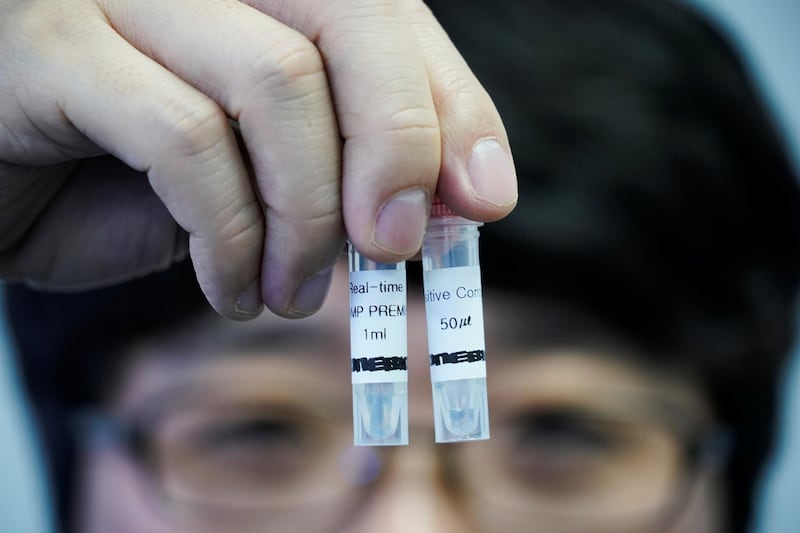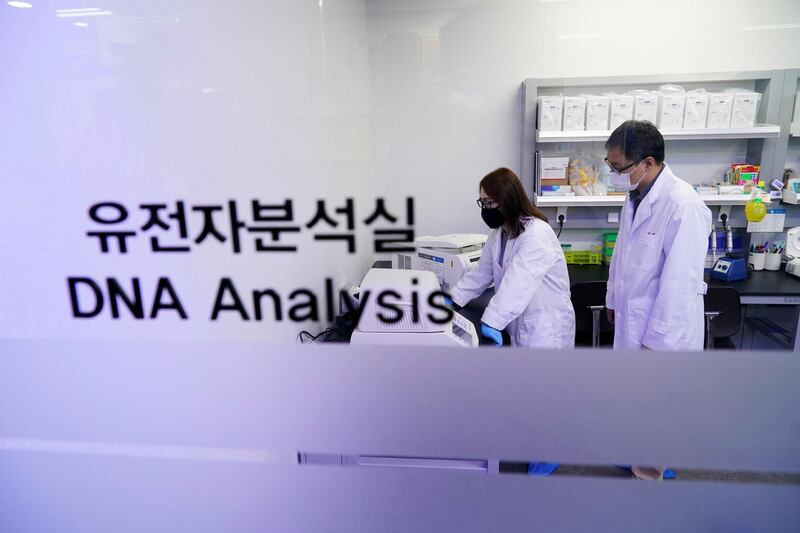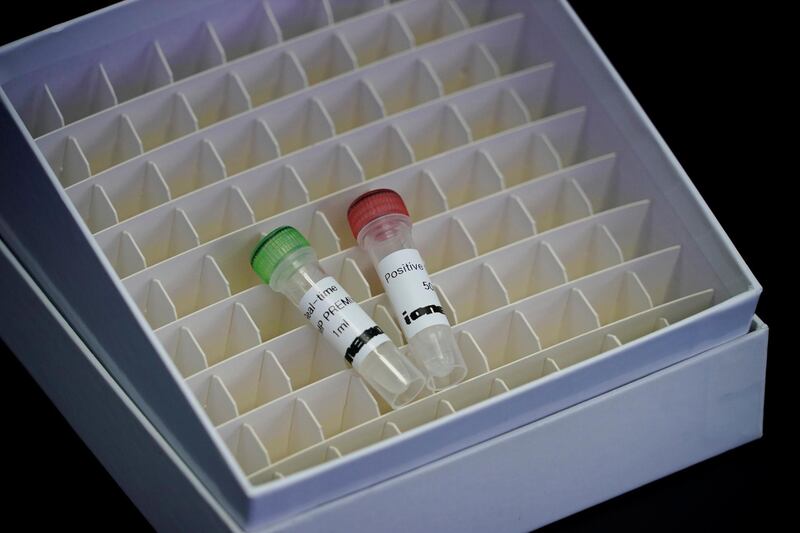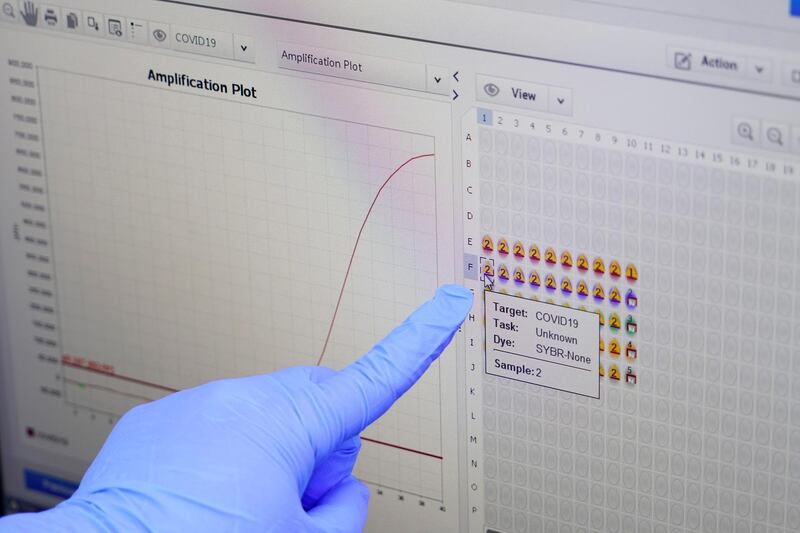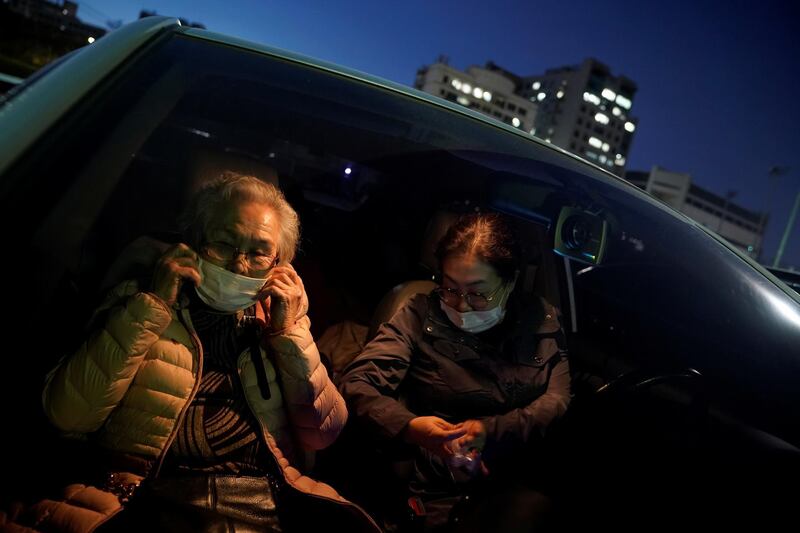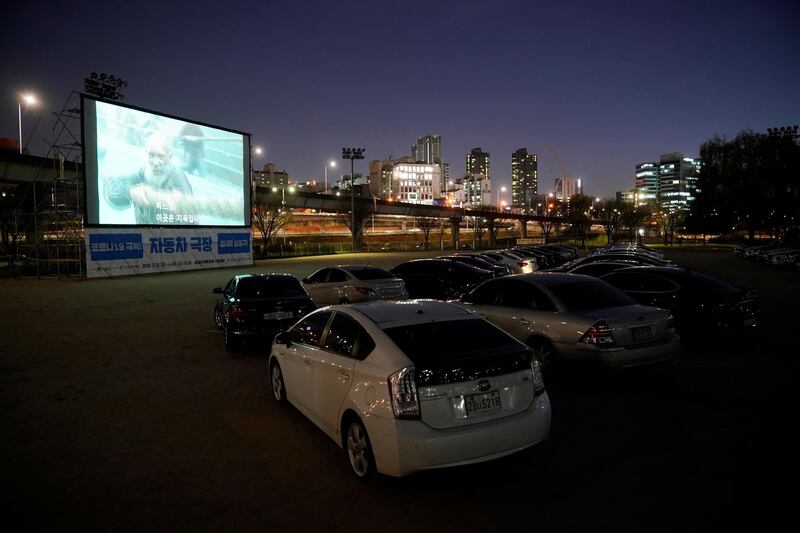Park Hyun stops to catch his breath after climbing a few steps to the entrance of the engineering college of Pusan National University, where he teaches. Despite persistent shortness of breath, he uses the stairs and avoids lifts.
Mr Park was Busan's "Patient 47", one of more than 5,000 South Koreans who have recovered from a coronavirus infection.
But 25 days after testing negative for the second time, he is in a new battle – against the stigma of having had the virus.
"I do understand the concerns and anxiety of my colleagues and neighbours, so I only use the stairs in this university building, and even to my apartment on the ninth floor," he said.
Mr Park, 47, spent nine days in a special ward before being released, then spent 14 days in isolation plus 10 more days to recover his strength, but says many people around him still think of the disease first.
During his hospitalisation, Mr Park's mother heard a neighbour screaming in front of their home: "We're all going to die because of a son in this family!"
Mr Park said he believed suspicions in the community run deeper because a large majority of the early outbreak was among the members of a secretive religious sect in the city of Daegu, about 100 kilometres north-west of Busan.
He said he decided to share his experience of the infection and the treatment he received to help dispel the mystery surrounding the epidemic. He has recorded the ups and downs of his fight with the disease on Facebook since day one.
‘Uncertainty breeds anxiety’
"By revealing my identity, I thought people would realise that I am not distributing fake news," he said. "Uncertainties are too high, and the anxieties are coming from uncertainties."
The pace of South Korea's outbreak has slowed since the dramatic increase in cases through February and early March, with 9,786 cases as of Tuesday. More than 5,400 patients have been released after testing negative.
Mr Park's colleagues welcomed him back to work on Monday, but there were no hugs or handshakes. He eats a boxed lunch at the lab with his workmates, but uses a separate table several metres away from them. If any are worried about having him around, he says, they are doing a good job not showing it.
"There were some people who were tested positive again after full recovery. I am mindful of the people around me," Mr Park said. He wears a face mask at all times.
The Korea Centres for Disease Control and Prevention said cases of people who tested positive after recovering required further epidemiological study and there was nothing definitive yet to suggest people can be infected twice in quick succession.
"We are now back to normal, but things are not the same as before – we used to debate sitting close to each other while using same keyboard, which is no longer possible since the outbreak," said a colleague, Prof Ahn Seok-young.
Mr Park's first task after resuming work was to make boxes using 3D printers for soap to be delivered to the elderly in Busan and other cities affected by the outbreak.
"Many elderly [people] in my city are living around the poverty line, having a problem buying hand sanitisers," Mr Park said. "We will also send soap and cases together to Daegu and other highly affected areas."
